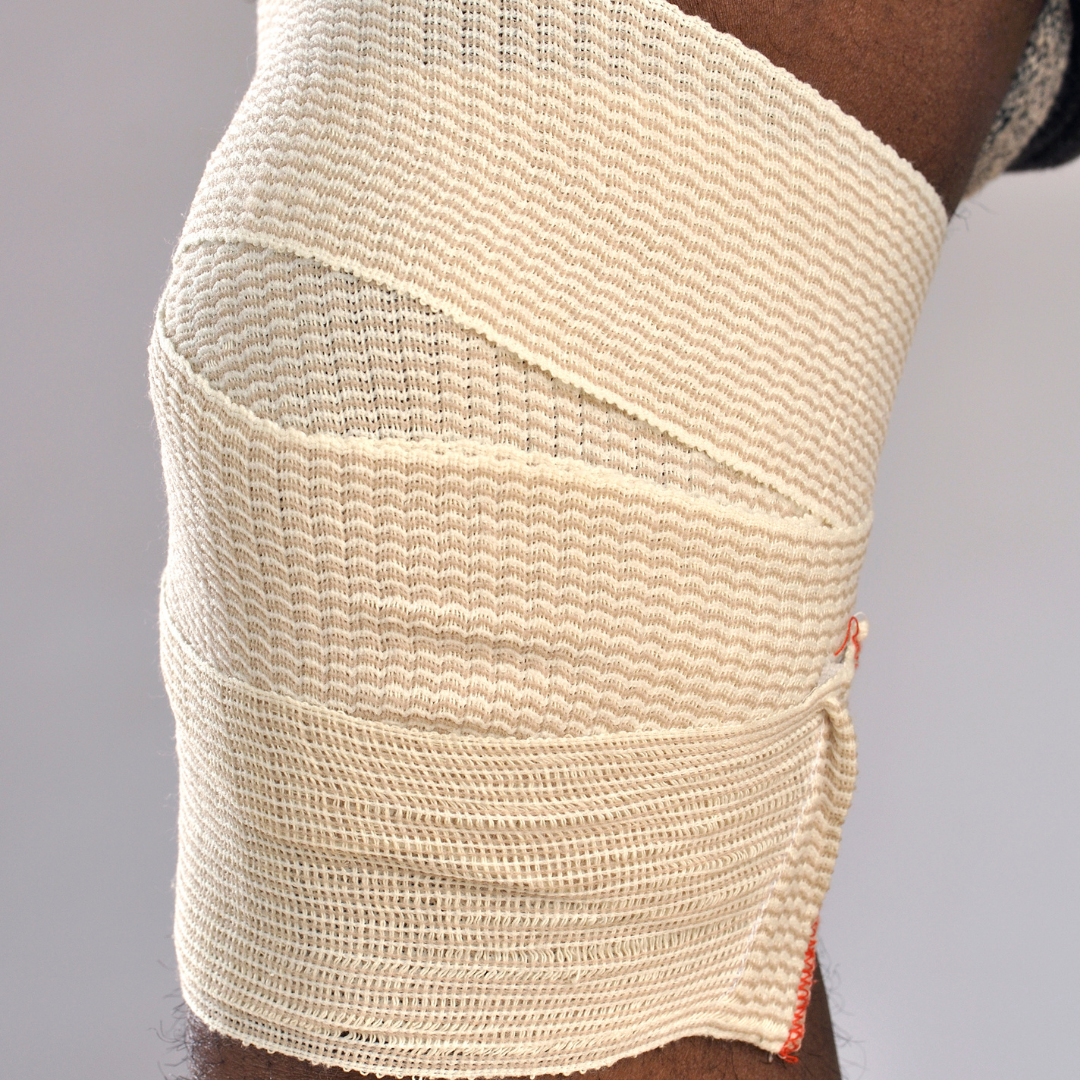
11 Oct How To Treat An ACL Injury
For an athlete, an injury to the anterior cruciate ligament (ACL) can be career-ending. ACL injuries are often a result of an awkward landing or pivot, quick changes in direction, or an abrupt change in speed. Because the ACL is responsible for maintaining knee stability, the knee can slip out of place after an injury. This can have a devastating effect on any athlete’s career. However, with modern surgical advances and an increased understanding of how to care for this injury, athletes can recover from their injuries much faster than ever before. Our team at New York Sports Medicine Institute would like to discuss how an ACL injury occurs, what treatment options are available, and how you can recover.
What Causes ACL Injuries?
The anterior cruciate ligament (ACL) runs through the middle of the knee joint and connects the thigh bone (femur) to the shin bone (tibia). It is one of four ligaments that hold the knee together. The other two significant ligaments are the posterior cruciate ligament (PCL) and medial collateral ligament (MCL), which run along the inside and outside of the knee. The ACL can be injured from abnormal movements, previous trauma to the knee, or ligament degeneration over time. An injury to the ACL often happens when a person is participating in sports requiring quick starts and stops or abrupt changes in direction. Some examples of these types of sports include:
- Football
- Basketball
- Soccer
- Downhill skiing
- Gymnastics
- Tennis
- Baseball
- Volleyball
- Hurdling
- Ballet
Symptoms of ACL Injury
The most common symptoms of an ACL injury include pain, swelling, physical instability in the knee joint, making it difficult to walk or bear weight on the leg. Patients may also complain of their knee giving way or feeling that they are about to fall. A physical examination will often confirm if the ACL is injured with stability tests. If it is injured, further imaging tests may be ordered to look for any injuries that may have occurred at the time of injury or previously.
Treating an ACL Injury
If the ACL is intact, conservative treatments like rest, immobilization, and physical therapy can help restore stability and range of motion. The goal of immobilization with physical therapy is to prevent further injury or damage to the knee joint until the swelling goes down and it becomes strong enough for more strenuous physical therapy. Sometimes the ligament heals without surgery, but this is rare. Surgical repair of the ACL involves taking a piece of bone from another part of the patient’s knee, thigh bone, or hamstring to replace the torn ligament. The surgeon then drills holes into the femur and tibia to hold the new ligament in place. Although this is not an easy surgery, it has a very high success rate.
Can Athletes Recover From an ACL Injury?
Yes! Recent studies have shown that professional athletes can now return to play much faster than ever before. Our highly skilled specialists can help patients regain strength and stability in their knees by using special exercises, braces, or artificial ligaments. The most important thing to remember about an ACL injury is to seek treatment right away. Early diagnosis and a quick start on treatment will help the patient return to full function much faster than those who wait until their condition worsens.
ACL reconstruction surgery can require up to six months of recovery time before returning to normal activities, depending on the patient’s age and the type of activity they participate in.
At first, patients will need to use crutches for pain control and help with weight-bearing during a recovery period that lasts anywhere from four to six weeks. Then physical therapy takes over until a strong knee is created by around six months or longer after surgery.
Contact Us
At New York Sports Medicine Institute, our team has extensive experience in treating the complete spectrum of knee injuries. Our goal is to help patients return to their activities safely and quickly. If you have recently experienced an ACL injury, contact our office today to schedule an appointment.

